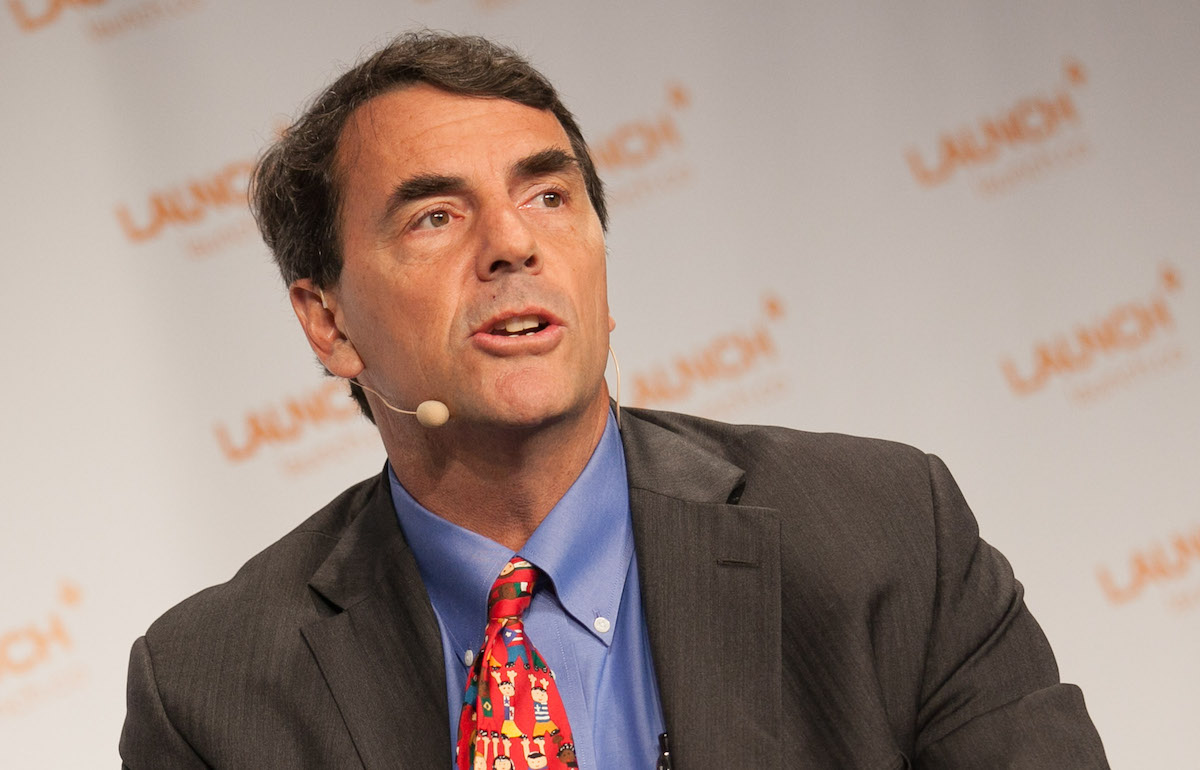Tim Draper Declares Gold Is Dead, Touts Bitcoin’s Superiority
26.04.2025 9:00 1 min. read Kosta Gushterov
Legendary venture capitalist Tim Draper reignited the Bitcoin-versus-gold debate this week with bold claims on social media.
“Gold just sits there. Bitcoin moves,” Draper wrote, stressing Bitcoin’s borderless, permissionless, and programmable nature.
He emphasized that Bitcoin enables everyday transactions without reliance on banks, inflation, or unnecessary friction. “You can’t buy coffee with gold. But with Bitcoin, you can,” Draper said.
His comments positioned Bitcoin as a superior financial tool for the modern economy.
Gold Outpaces Bitcoin in 2025 Market Performance
Despite Draper’s enthusiasm, critics pointed out that gold has dramatically outperformed Bitcoin so far this year.
Gold has surged over 20% year-to-date, reaching a historic high above $3,500 per ounce amid global economic turbulence. Meanwhile, Bitcoin’s price remains relatively flat, struggling to match gold’s recent momentum.
Rising tariffs and growing economic uncertainty have reignited traditional demand for physical gold.
A Clash of Safe-Haven Assets
Draper’s remarks revive the long-running debate over Bitcoin’s potential to replace gold as a premier store of value.
Bitcoin supporters praise its innovation, flexibility, and ability to bypass traditional financial systems. Yet gold’s proven resilience in times of crisis continues to attract conservative investors.
-
1
UniCredit to Launch Structured Product Tied to BlackRock’s Spot Bitcoin ETF
01.07.2025 17:53 1 min. read -
2
Saylor’s Strategy Halts Bitcoin Buying After Historic Accumulation
07.07.2025 17:00 2 min. read -
3
Trump’s Two big Bitcoin Moves: Key Catalysts or Just Noise for BTC Price?
08.07.2025 7:30 2 min. read -
4
Bitcoin Market Stalls as Profit-Taking, Whale Dispersal, and Sideways Action Define the Cycle
01.07.2025 20:00 3 min. read -
5
Speculation Surges as Binance BTC Futures Volume Tops $650 Trillion
04.07.2025 17:37 2 min. read
Bitcoin Open Interest Hits $42B as Funding Rates Signal Bullish Overextension
Bitcoin’s derivatives market is heating up, with open interest climbing back to $42 billion while funding rates continue to surge.
Tim Draper Predicts Bitcoin Will Replace U.S. Dollar
Tim Draper isn’t just betting on Bitcoin—he’s forecasting the death of the U.S. dollar.
UK to Sell Almost $7B in Seized Bitcoin as Treasury Eyes Crypto Boost
The United Kingdom’s Home Office is preparing to liquidate a massive cache of seized cryptocurrency—at least $7 billion worth of Bitcoin—according to a new report by The Telegraph.
Crypto’s Top Narratives in Focus, According to AI
A fresh breakdown from CoinMarketCap’s AI-powered narrative tracker reveals the four most influential crypto trends currently shaping the market: BTCFi & DePIN, U.S. regulatory breakthroughs, AI agent economies, and real-world asset (RWA) tokenization.
-
1
UniCredit to Launch Structured Product Tied to BlackRock’s Spot Bitcoin ETF
01.07.2025 17:53 1 min. read -
2
Saylor’s Strategy Halts Bitcoin Buying After Historic Accumulation
07.07.2025 17:00 2 min. read -
3
Trump’s Two big Bitcoin Moves: Key Catalysts or Just Noise for BTC Price?
08.07.2025 7:30 2 min. read -
4
Bitcoin Market Stalls as Profit-Taking, Whale Dispersal, and Sideways Action Define the Cycle
01.07.2025 20:00 3 min. read -
5
Speculation Surges as Binance BTC Futures Volume Tops $650 Trillion
04.07.2025 17:37 2 min. read


